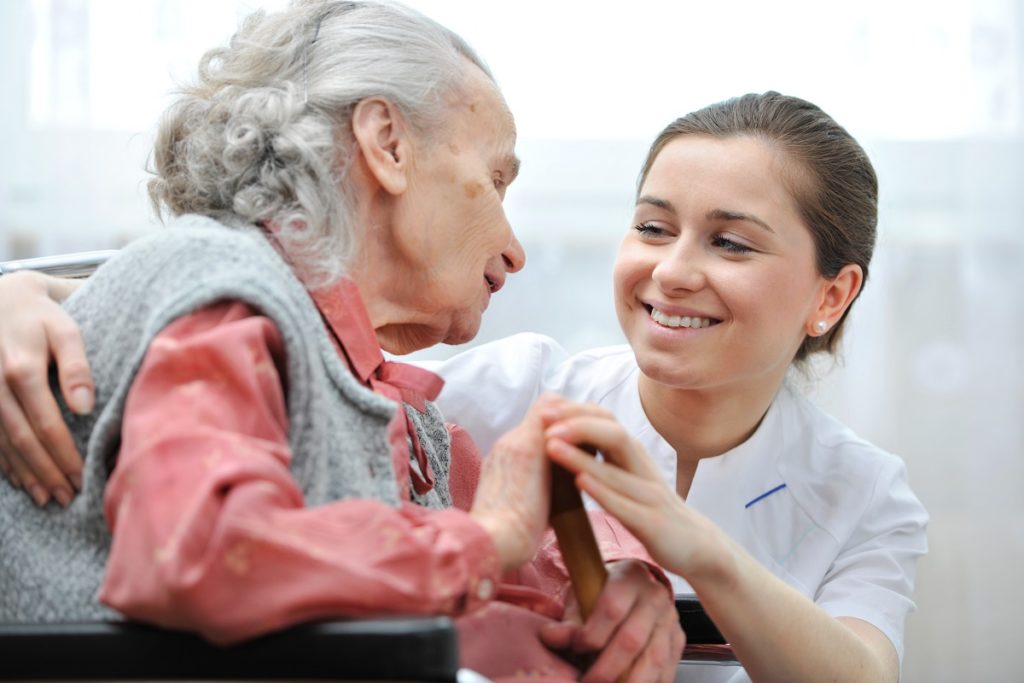We all want our loved ones to be healthy and free from any sign of sickness all the time. That is why we need to be aware of what we eat and do to our bodies. By this, it means we have to eat nutritious food, avoid vices such as smoking, and get regular exercise. Unfortunately, there are still some people who end up getting sick due to genetics or other environmental factors.
It can be an option to bring a loved one in a hospice facility in case worse comes to worst. Taking care of a loved one should be our responsibility. However, not everyone has the luxury of time to tend to a sick or dying loved one full-time. Especially for those who are in the end-stages of their lives, families should do all they can to make their loved one feel as comfortable and with dignity as possible.
Is it time to go to a hospice?
As a family member, you cannot visit a loved one in difficult times due to the person’s sickness. Taking care of an ill family member is a noble thing to do.
One option is to hire a caretaker. However, caretakers can only do much as they might not have the medical tools or equipment to take care of an ill person. So the next option is to consider bringing your loved one to a hospice. But you might have doubts and ask yourself whether it’s time to go to a hospice.

1. The patient has been in and out of the hospital in a short amount of time.
If your loved one has been hospitalized multiple times within a couple of months or so, you might want to consider bringing him/her to a hospice. For one thing, it can be stressful and tiring to go in and out of a hospital, uncertain if your loved one will ever get better.
2. The patient’s condition has not improved for some time.
Instead of getting better, the patient’s condition seems to get worse over time. A simple cough might have led to worse conditions such as pneumonia or any other worse illnesses. Add to that are the possible side effects that can cause distress to the patient.
3. The caregiver is starting to get tired.
It’s not that he or she does not want to take care of the sick person. For one, it can be stressful to take care of a sick loved one. Secondly, it can affect the caregiver’s personal life, which is also not a good thing. That is why seeking help is not a bad thing, not only for the sake of the sick person but for the caregiver as well.
In life, nothing is guaranteed. One day, we are well and then sick the next day. That is why we need to be prepared for whatever might happen, especially if you are caring for a terminally ill loved one. It can be a heartbreaking moment, but we should be prepared for whatever life throws at us.




